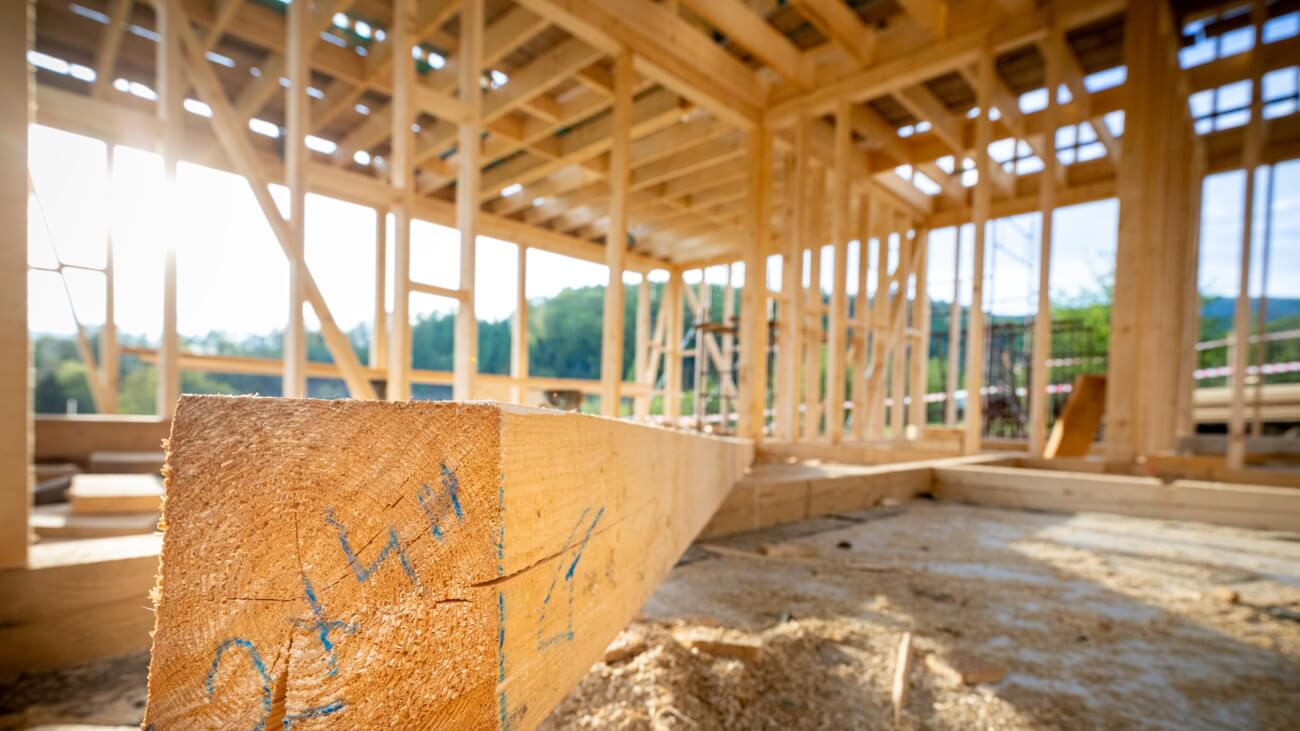Building Code Upgrade Coverage: Do You Need It?
Building codes change on a regular basis to improve the way we build. It reflects new and improved construction practices, technology advancements, and safety protocols.
As codes change, it has a direct impact on your property should it be damaged or destroyed. This is where building code upgrade coverage plays an important role.
In this article, we’ll examine the impact new building codes have on your homeowners insurance policy and if you need building code upgrade coverage.

Note: Building codes can vary from state to state and sometimes even between cities and counties in that state. It falls outside the scope of this article to cover building codes across all states. Where relevant, we will use California and Los Angeles County as examples.
What Is Building Code Upgrade Coverage?
If your home was built 5 years or 10 years ago, it’s more than likely no longer compliant with current building codes. For example, let’s assume your home is destroyed in a fire. When it’s rebuilt, it will have to comply with current building codes.
This often means an increase in the costs of rebuilding your home. Unfortunately, these extra costs are normally not covered in a standard homeowners insurance policy. In order to be covered, you’ll need to request a building code upgrade endorsement for your existing policy.
A building code upgrade endorsement covers you for the increased costs associated with making your new home compliant with current building codes.
Note: In California, Chapter 10 (California Residential Property Insurance Disclosure) Sections 10103(a)(5) – 10103(b)(2)(c) deals with building code upgrade coverage. It requires a policy to clearly mention what’s covered and what’s not covered on the declarations page in no less than 10-point type.
If your home is in California, have a look at what you’re covered for on your declarations page.
If you’re not in California and your homeowners insurance policy doesn’t mention anything about building code upgrade coverage it means you might not be covered for it. You might have to request an endorsement to have it added to your policy.
Building Codes
Standards related to building safety and fire prevention are developed and published by the International Code Council (ICC). It’s a nonprofit organization based in Washington, D.C.
The ICC is not only responsible for building codes but for many other codes as well, including:
- The International Residential Code (IRC) is in use or adopted in 49 states, the District of Columbia, Guam, Puerto Rico and the U.S. Virgin Islands.
- The International Fire Code (IFC) is in use or adopted in 41 states, the District of Columbia, NYC, Guam and Puerto Rico.
- The International Plumbing Code (IPC) is in use or adopted in 35 states, the District of Columbia, NYC, Guam, and Puerto Rico.
International Building Code (IBC)
The International Building Code (IBC) is in use or adopted in 50 states, the District of Columbia, Guam, Northern Mariana Islands, NYC, the U.S. Virgin Islands and Puerto Rico.
It’s revised or updated every three years. The current version is IBC-2018 which has been adopted, with or without amendments, in all states.
Many states delay the implementation of new building codes so they can integrate them into their own structures and make certain amendments, if necessary.
Let’s use California as an example.
California Building Codes
Building codes in California are revised or updated every three years.
The California Building Standards Commission is responsible for building codes in California.
They adopted the current International Building Code 2018 (IBC-2018) with amendments and packaged it as the 2019 California Building Standards Code (Cal. Code Regs., Title 24). It was published on July 1, 2019, with an effective date of January 1, 2020.
Note: Los Angeles County has their own building code. Like the State of California, they also adopted the International Building Code 2018 (IBC-2018) with amendments but calls it the 2020 County of Los Angeles Building Code (Title 26), with an effective date of January 1, 2020.
In keeping with the 3-year cycle, expect revised or updated building codes to be published in 2022, with an effective date of January 1, 2023.
The ICC has a helpful code adoption map which covers all 50 states.
Do You Need Building Code Upgrade Coverage?
Building code upgrade coverage, like water damage coverage and fire damage coverage, gives you peace of mind. Hopefully you’ll never have to fully or partially rebuild your home. But if you have to, you want to be protected from paying a potentially huge shortfall due to new building codes.
Summary
Building codes change on a regular basis. Having a homeowners insurance policy doesn’t mean you’re protected against an increase in the costs of rebuilding your home in compliance with new building codes. And, you don’t have the option of ignoring the new codes.
These extra costs might not be covered in a standard homeowners insurance policy. In order to be covered, you might need to request a building code upgrade endorsement for your existing policy.
Building codes can be complicated and hard to understand. Dealing with an insurance adjuster can be just as hard. If you need to rebuild your house, whether you have building code upgrade coverage or not, do yourself a favor and first talk to a reputable public adjuster.
Unlike an insurance adjuster who looks after the best interests of your insurance company, a public adjuster looks after your best interests.
Avner Gat, Inc. has 20 years of experience as a Los Angeles public adjuster. We protect homeowners from the games and fine print that insurance companies are known for.
Call us at (818) 917-5256 and let’s talk about how we can assist you.




































